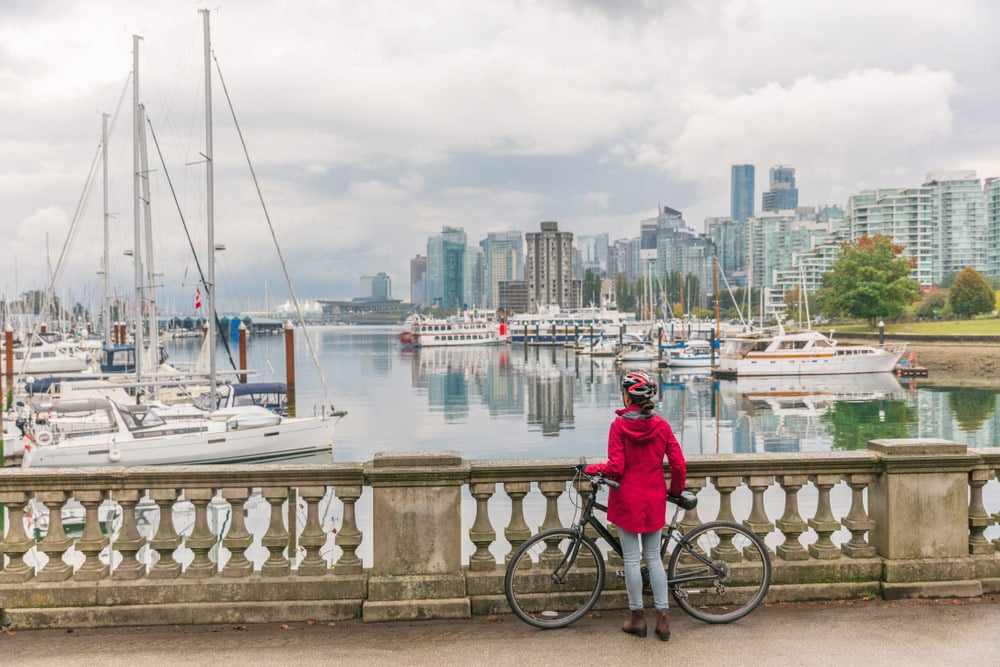[Editor’s note: Steve Burgess is an accredited spin doctor with a PhD in Centrifugal Rhetoric from the University of SASE, situated on the lovely campus of PO Box 7650, Cayman Islands. In this space he dispenses PR advice to politicians, the rich and famous, the troubled and well-heeled, the wealthy and gullible.]
Dear Dr. Steve,
A recent study for Rentals Canada says that Vancouver is the most expensive rental market in the country. Vancouver had not only the highest average rent for a one-bedroom apartment at $2,176, but also experienced the highest year-over-year average rent increase at 13.2 per cent.
Is Vancouver worth it?
Signed,
Tenant
Dear Tenant,
Bah! What does Dr. Steve care for such matters? He paid off the mortgage on his extinct volcano lair years ago. And best of all it’s in Saskatchewan, where you can still find the occasional bargain.
But for many locals, the Vancouver rental skyrocket is undeniably a cause for concern. You would almost think that affordability might be an issue that has been raised repeatedly, one that politicians and various levels of government have promised to tackle. Yet it seems king or mayor or Premier Canute could stand on the shores of False Creek and command the rental tides to recede with as much effect as the Viking monarch had on the waves. The recent king tide that destroyed parts of the Stanley Park seawall is looking more metaphorical all the time.
According to the study, rents have not gone up everywhere across Canada. For example, the average rent has dropped in Edmonton, Scarborough and Greater Sudbury. Unfortunately, simply typing that sentence caused Vancouver rents to jump another five per cent. “Not in Greater Sudbury!” is a key point in many real estate brochures.
The psychological toll of high Vancouver rents can take many forms. Say you are paying $1,700 a month and you want to complain to friends about your exorbitant rent. But everyone you complain to immediately begins plotting your death so they can grab your cheap apartment. It can wear on you.
Not that your friends’ evil schemes would pan out anyway. Check out the weird anomaly of that average 13.2-per-cent Vancouver rent increase, despite rent increases for existing tenants being limited to 1.5 per cent. Once a tenant moves out/is murdered by envious pals, the landlord is free to crank up the rent for the next occupant. It’s getting so you can’t even poison your way to cozy, affordable new digs anymore.
New developments will surely reflect this reality. It is standard practice for the city to negotiate trade-offs with developers — public amenities and green spaces in exchange for increased height, for instance. Soon developers will be pitching landscaped parks and playgrounds in exchange for the right to build ejector suites — special spring-loaded apartments that will catapult residents into the ether after, say, 18 months, then reset for the next occupants at a significantly higher rent. How about that fancy dog park and Frisbee golf course, though?
The study revealed that Victoria rents did not increase as much as Vancouver’s. Still, Victoria residents must budget for extra costs, such as ear plugs and BC Ferries’ clam chowder.
Interestingly, Coquitlam rents actually went down last year. No doubt this is because proximity to Belcarra Regional Park and Pinecone Burke Provincial Park mean that Coquitlam renters have a statistically greater chance of being eaten by bears, a factor that municipal bylaws probably require landlords to disclose. The listings could try to compensate with perks, but still, when potential tenants see “includes dishwasher, laundry, shotgun, fridge with bear-proof lock, special decoy picnic baskets,” it tends to depress the market.
What can tenants do to fight back against rising rents? A recent Tyee story suggests one possible strategy. Michelle Gamage reported that polluted “brownfield” lots requiring remediation actually create financial incentives for owners to delay the cleanup. This could be a way for renters to keep their places affordable. Dr. Steve has had more than a few pads that would qualify as environmental disaster zones. Calling in the inspectors could lead to both a rent decrease and some sweet complimentary hazmat suits.
Omniscient fellow though he is, Dr. Steve has no easy solutions to offer. Most of the solutions he has seen offered up to combat out-of-control rents amount to attempts to carve out little enclaves of affordability, like small thermal shelters in a wildfire.
On an individual level, realistic approaches to affordability may inevitably involve Greater Sudbury. Minus 20 degrees on Thursday, but sunny. And hey, they’ve got a new pothole machine! Plus, 7-11 has vegan chicken tenders now.
You’ll love it. ![]()
Read more: Housing, Municipal Politics

















Tyee Commenting Guidelines
Comments that violate guidelines risk being deleted, and violations may result in a temporary or permanent user ban. Maintain the spirit of good conversation to stay in the discussion.
*Please note The Tyee is not a forum for spreading misinformation about COVID-19, denying its existence or minimizing its risk to public health.
Do:
Do not: